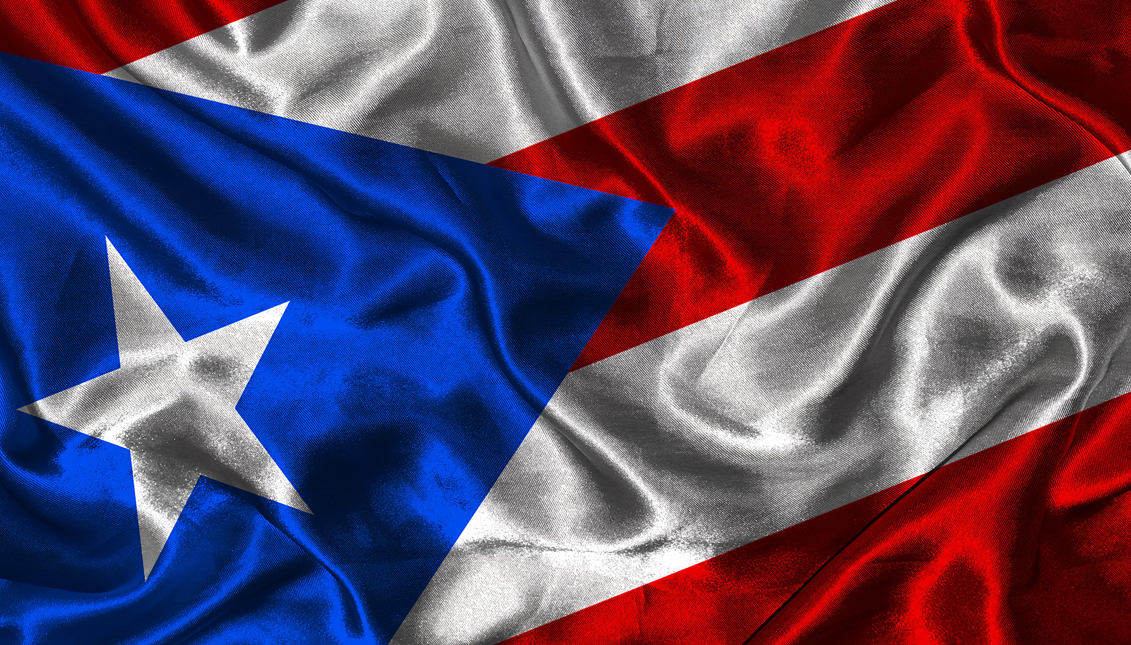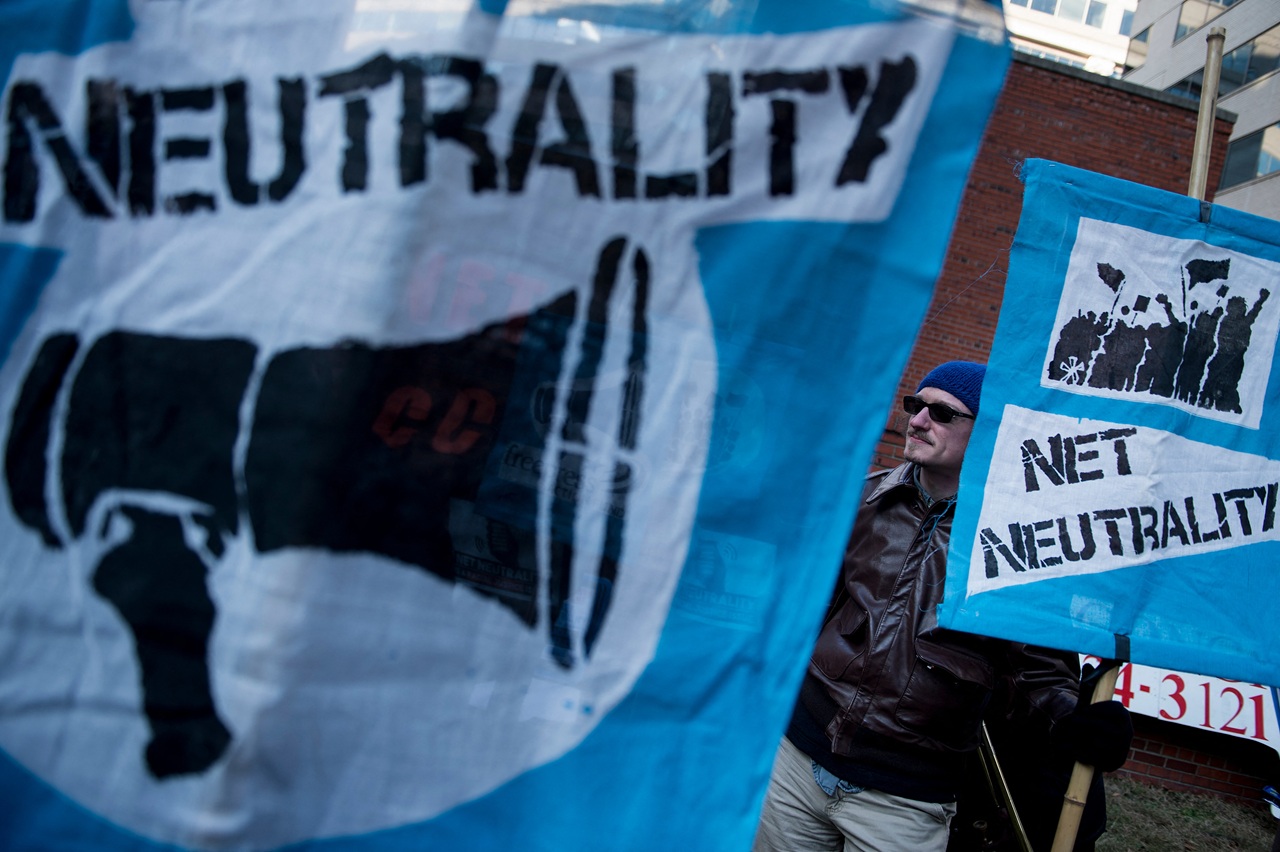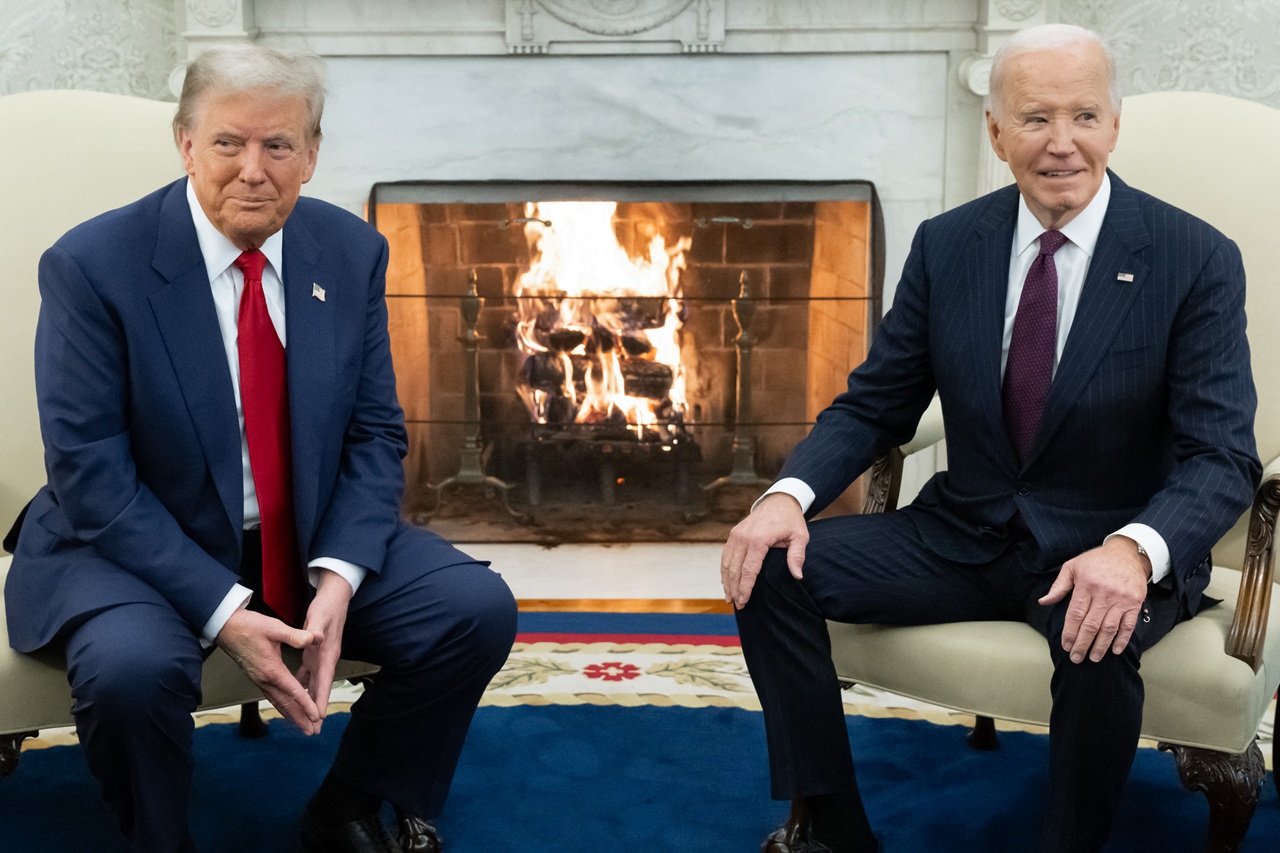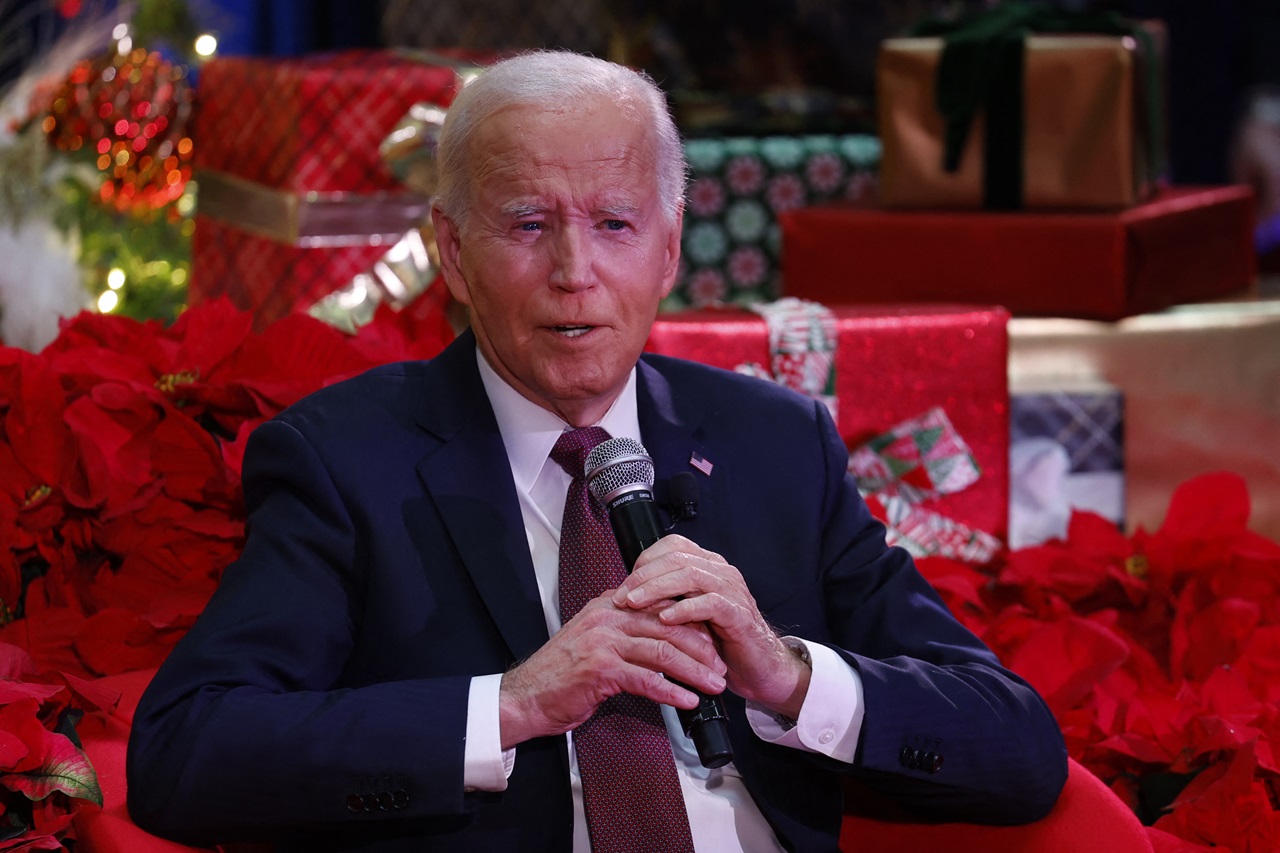
The Puerto Rico Statehood v. Self-determination issue divides members of Congress
While a bipartisan coalition is vouching for statehood, a smaller group is pushing for self-determination.
The issue of Puerto Rico’s statehood, sovereignty, colonialism, and self determination made serious moves on March 2, as dozens of members of the House Representatives unveiled a new bipartisan bill for Puerto Rico statehood in the latest attempt to determine the future of the U.S. territory.
It’s an ongoing debate that highlights the divide between politicians, the inhabitants of Puerto Rico, and those in the diaspora.
Legislatively, with a bulk of U.S. Representatives co-sponsoring the “Puerto Rico Statehood Admission Act,” the fight for statehood has an edge, as the bulk of Congress, led by Rep. Darren Soto (D-FL) and Puerto Rico’s only non-voting congressional representative, Jenniffer Gonzalez Colón, have voiced their support.
Joined by 52 cosponsors, the legislation comes on the 104th anniversary of when Puerto Ricans were granted American citizenship. It also comes months after voters on the island voted in favor of statehood via a referendum in November.
Last year, American citizens in Puerto Rico clearly declared their desire for statehood. Now, it is our duty in Congress to act. Earlier today, @RepJenniffer and I introduced the bipartisan Puerto Rico Statehood Admission Act, which has 51 cosponsors! #PRStatehood pic.twitter.com/ZIst93BXez
— Rep. Darren Soto (@RepDarrenSoto) March 2, 2021
The bill comes amid strengthened efforts from pro-statehood Puerto Ricans to pressure the rest of Congress to act on November’s non-binding referendum.
Only 55% of eligible voters turned-out to vote, of those 53% voted in favor of statehood.
The goal of the bill is to have Congress accept the referendum’s results. If passed, the next step would be to hold a ratification vote by the people of Puerto Rico to accept admission into the Union, reported Latino Rebels.
RELATED CONTENT
It also comes at a time when Reps. Nydia Velázquez and Alexandria Ocasio-Cortez are expected to reintroduce the Puerto Rico Self-Determination Act presented last year. If passed, it would “empower the island to design their own future through a constitutional convention.”
Their bill garnered a mix of support and overt criticism, with an emphasis on the latter. It especially came after the introduction of Soto and Gonzalez Colón’s bill, as legislators, including Puerto Rican Gov. Pedro Pierluisi, have been pushing statehood efforts in earnest.
Gov. Pierluisi recently spoke on the issue in an Axios segment, even expressing his wish for Rep. AOC to support the effort. As of yet, the statehood bill has no word on support from Senate leadership, including Senate Majority Leader Chuck Schumer and Senate Minority Leader Mitch McConnell.
“I have not spoken with Speaker Pelosi, but I did speak with other leaders in the House leadership and they do support statehood for Puerto Rico,” González Colón said in a press conference.
However, in one of the biggest feats for the bill since its introduction, on Tuesday night, House Majority Leader Steny Hoyer (D-MD) expressed his support for the legislation, writing, “I applaud the bipartisan introduction of #PRStatehood today and I look forward to working with you on this legislation.”
The White House, however, appears to be leaning toward self-determination, suggesting an additional referendum in Puerto Rico, according to White House Press Secretary Jen Psaki one day after the new statehood bill was introduced.
“The president supports a referendum in Puerto Rico, for the people of Puerto Rico deciding the path forward. On D.C. statehood, he supports and has long supported [...]DC statehood,” Psaki said at a White House Press conference on March 3.
Yeah, I don't think @POTUS has changed his position on #PuertoRico and statehood. "A referendum" is another plebiscite? pic.twitter.com/h43q8HIDca
— Julio Ricardo Varela (@julito77) March 3, 2021











LEAVE A COMMENT:
Join the discussion! Leave a comment.